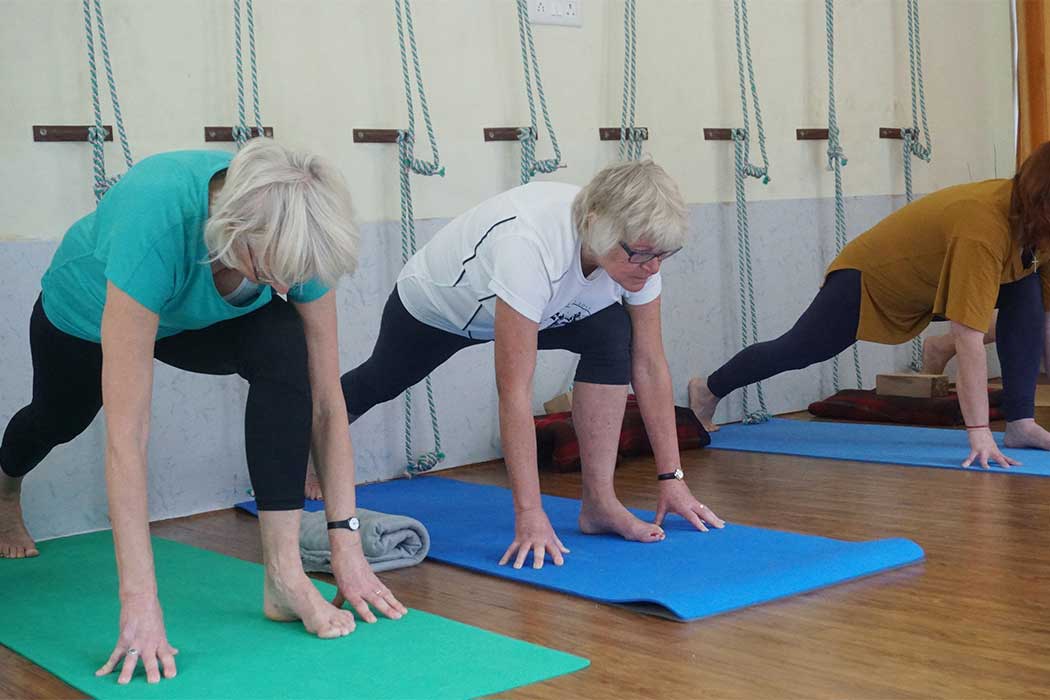Our society places a lot of value on the beauty of youth, but for fitness instructors looking to expand their training audience, it’s important to understand how you can effectively cater to the elderly population.
As one of the most disregarded demographics in the fitness world, catering to elderly individuals requires a specific set of skills that considers the age group’s physical, mental and social needs. As these needs differ greatly to the needs of most demographics, fitness instructors should actively reflect on how to best consider and cater for elderly clients. By including elderly clients in your training audience, you will expand your skill set, and help elderly individuals achieve a better quality of life.
Physical
While every elderly client requires an individual approach, the most important aspect is figuring out what they are capable of. Most people believe that exercise for elderly clients should be reduced to gentle activity, but this is not always true. A focus on strength, flexibility and balance with less attention placed on cardio is usually perfect for elderly clients.
As many elderly clients may be prone to injury or have physical barriers including low muscle mass and arthritis, fitness instructors should individually prepare exercise programs in order to focus on the client’s abilities.
Mental
One of the biggest challenges in catering to the elderly population is understanding the mental barriers that can deter them from engaging in fitness. It’s common for elderly people to avoid activity because they are afraid of things like falling, inadequate or feeling unwell.
It’s vital for fitness instructors to take these worries on and cater specifically to them by creating a warm and welcoming atmosphere. Focusing on your ability to adequately cater for them is a must – you can also make your qualifications known so potential elderly clients feel secure in your ability as a health authority.
Another tip is further training in the fields of chronic illness, which would greatly benefit your ability to cater to elderly clients.
Social Needs
Physical activity is also important for elderly clients because it provides social connections and a sense of community. For many elderly clients, one of the most rewarding elements of their fitness journeys is meeting people and maintaining connections.
In order to effectively cater to the social needs of elderly clients, fitness instructors can provide a sense of community. Initiatives like group training, over-50’s only sessions and friend and family day can make a world of difference for your elderly clients.


 BLOG SERIES
BLOG SERIES